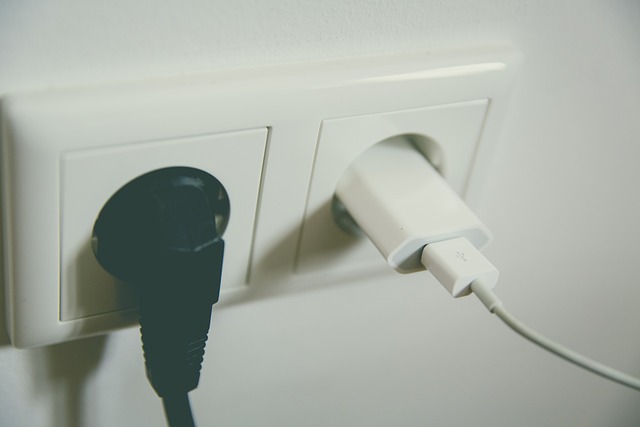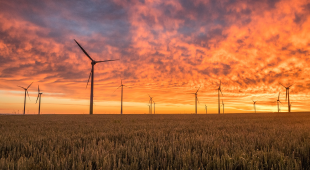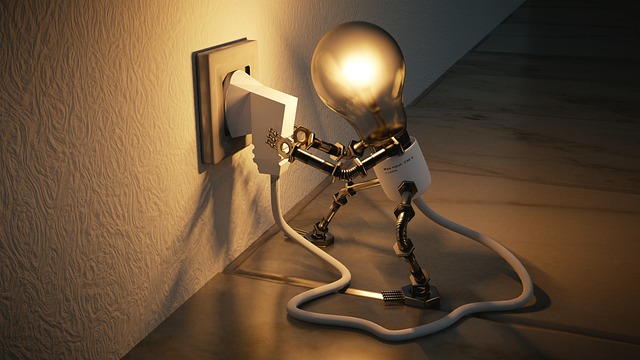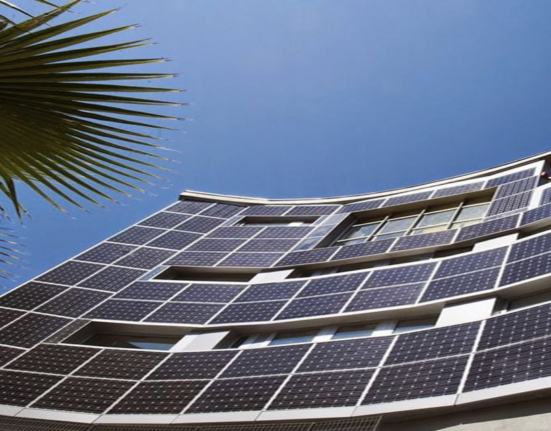Due to high-definition televisions, state of the art gadgets, smart and palatial homes and residences, the demand among households to save energy has greatly increased.
As energy prices continue to rise and even more energy resources being required to power and run our energy-driven homes and dependent lifestyles, the quest and demand for efficient energy saving method is also on the increase.
If you are wondering how to best reduce your energy usage and save on energy cost at home; this question may be answered by following these 9 steps.
1. Keep hold of your power bill
You need to have access to a lot of the information on your power bill to evaluate your home’s energy consumption. You don’t need to worry about how you’ll track the electricity you consume over the course of the year because your power provider already has that data. Your power bill details how much electricity and natural gas you used in the previous month as well as how much you used in comparison to the same month a year prior.
While some homes must save their mail-order electricity bills, others can retrieve that information online from their power provider. It is crucial that a year’s worth of data on power consumption is accessible while residential energy reduction programs are implemented.
Advice: Find out if your power company is a Green Button participant. The Green Button program enables users to view their online energy usage.
2. Accept a lifestyle change
Once upon a time when electricity cost 3 cents per kilowatt hour and the only electric equipment you possessed in your house besides the Frigidaire was a light bulb, it was acceptable to behave as you did in your home. But to cut back on energy use and to prevent energy waste, lifestyle adjustments are required. To adopt the desired energy-saving behaviours, one must consciously green their thinking.
Start with something basic, like lowering the thermostat at night and while you’re gone, and turning off lights when not needed and lowering the temperature at night and while you are at work.
3. Carry out an energy analysis and you will discover how to use less energy at home
Your home’s energy audit will help direct energy-saving actions. An energy audit of your house will show you where energy is being wasted and what steps you should take first to save the most energy on a cost-benefit basis.
Have your home evaluated online to begin the home energy audit process. It is cost-free and will provide insightful data. You can use the home energy audit calculators on a variety of websites. Your local power company’s website is the best place to start your search for an online evaluation program.
Advice: Your electricity company may offer a free home visit from an energy auditor or they may even have an online assessment program. Make a call to your power provider.
4. Weatherization is economically viable
Typically, weatherization methods are the most economical way to reduce energy use and minimize power costs. Weatherization methods can help you whether you live in a cold climate and need to keep the cold weather outside or a warm environment and need to keep the hot weather outside.
Sealing the air:
You may not be aware of all the cracks in your house. The air barrier you need to separate the internal and outside climates is provided by air sealing these apertures.
Insulation:
Strengthening your home’s thermal barrier and providing protection against heat loss or gain due to radiation, conduction, and convection are two benefits of adding insulation to the construction shell of your home, which includes the ceiling, floor, and walls.
Advice: Community Action Programs can provide assistance with weatherization for low-income households. Find out whether there is a community action program for house weatherization in your area by contacting your power company.

Power outlet via Pixabay
5. Effectiveness of Heating and Cooling
You may conserve energy for years to come by switching to a more energy-efficient heating and cooling system. Any residence no longer has to have an electricity bill of $400. The energy efficiency of air-source and ground-source heat pumps has significantly improved during the past ten years. In comparison to baseboard heaters, radiant ceiling heating systems, and electric wall heaters, ductless heat pumps offer warmth and cooling for a far lower price.
The gas furnaces that were available in the 1970s were just 70% efficient; today’s models are 95% efficient. A heating and cooling contractor can come to your house and go over the options that are appropriate for your needs and residence.
Tip: Have the supply and return ducts sealed to prevent air leakage before updating the central heating or cooling system. It makes no sense to lose all that air that was efficiently conditioned through leaking ducts.
6. Water Heater, too frequently ignored
We only ever think about our water heater after taking a chilly shower. After all, the water heater doesn’t produce much noise, is usually installed in a mostly hidden place, and doesn’t include any fancy bells and whistles. The water heater needs some attention when we’re trying to use less energy because it frequently consumes the second-lowest amount of energy in our homes.
Replace your water heater immediately if the tank is dripping water, and pay close attention to the replacement water heater’s energy efficiency rating. Follow these two energy-saving recommendations if your water heater is not leaking:
Regulate the water temperature appropriately:
120 degrees Fahrenheit is the water temperature that uses the least energy. With a gas water heater, you may easily change the temperature using the dial on the gas valve. To change the temperature on an electric water heater, you must remove the element covers. Before making this change, it is preferable to turn the electricity off at the circuit panel.
Use a water heater blanket:
Although the outside of your water heater may already be covered in insulation, adding more will help you save electricity. Read and abide by the instructions in your water heater’s owner’s manual. Most home improvement retailers carry water heater blankets, which come with printed installation instructions.
7. Energy-saving appliance upgrades
Compared to a range, microwaves heat food more effectively. Compared to refrigerators made ten years ago, modern models utilize less energy. Modern washers of clothing consume less water and energy. When the garments are dry, dryers equipped with moisture sensors switch themselves off. Phantom power loss can be stopped with new surge protector power strips.
Always remember to search for the Energy Star Label when replacing or purchasing a new appliance.
8. Lighting Engineering
The number of light bulbs you have in your house will surprise you. Make a guess at the amount, then count each one as you walk around your house. Most people are shocked to learn how many light bulbs they actually have in their house.
Compact fluorescent bulbs and LED bulbs can save a large amount of energy when used in the lighting fixtures that are used the most and are left on the longest. Each and every light fixture in the house can use a CFL bulb.
Read also 7 reasons to switch to solar energy
9. Alternative Energy
Homes that use renewable energy sources, such as solar and wind power, create more energy and use less energy overall. The desire to generate renewable energy and the understanding of the need to use less energy appear to be related. Producing the energy you save is thus an effective method to conserve it.
The first thing you should do if you’re thinking about installing a renewable energy system is to get in touch with your electricity provider. Contrary to popular belief, your power provider has more knowledge of renewable energy.
Conclusion:
These are the 9 tips for reducing your energy usage at home. Energy use awareness and a power bill with the capacity to open your eyes are the only requirements for reducing energy use; neither major sacrifices nor a degree in electrical engineering is necessary.









Leave feedback about this